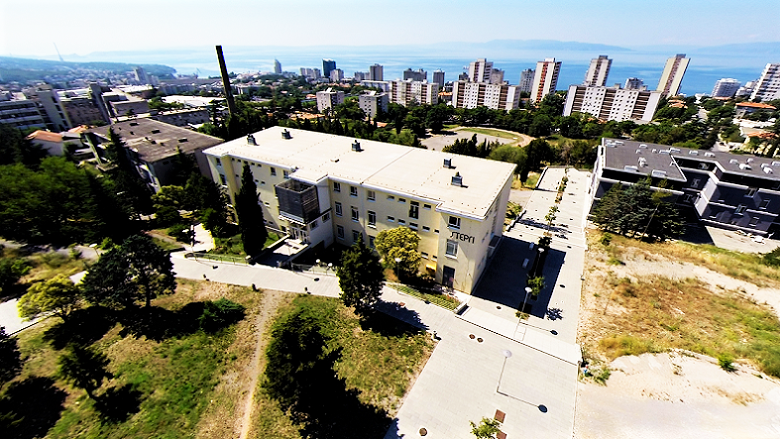Post-War Reconstruction
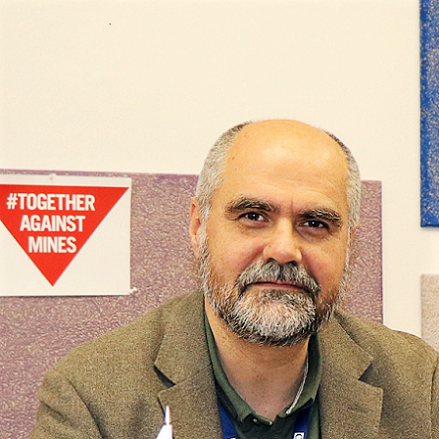
— Miljenko Vahtarić, former Assistant Director, Croatian Mine Action Center
Economic and Social Recovery
In 2008, Tehno-Filter Ltd. received a grant through the World Bank-supported Social and Economic Recovery Project. This allowed us to procure essential hand and power tools and machinery to increase the quality of our products and make further investments in development and modernization. We are currently investing in new technologies and plan to procure robotic machines to automate production.
— Nataša Strišković, Director of the Tehno-Filter Ltd company, Beli Manastir
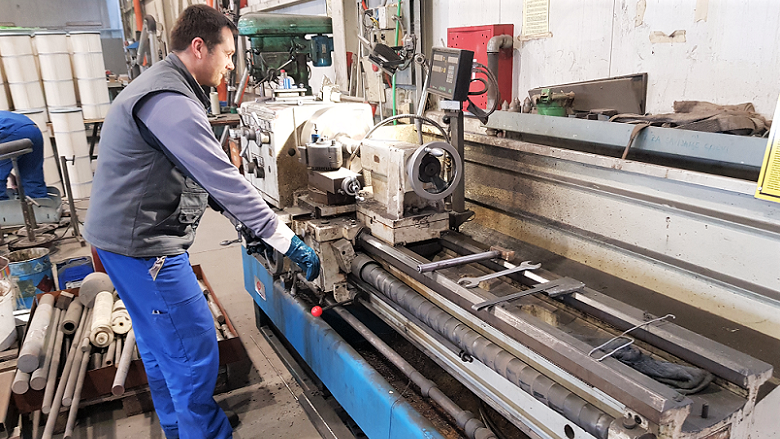
Introduction of a Case Management System for the Courts
The Integrated Court Management System Project, i.e. the eSpis application, has made operations in court proceedings more transparent and improved the quality of service for outside users and the quality of work of civil servants. The introduction of the application and continuous upgrades have made the administration of caseloads more efficient.
— Ana Županić, eSpis System Administrator at the Commercial Court in Zagreb
Modernization of the Port of Ploče
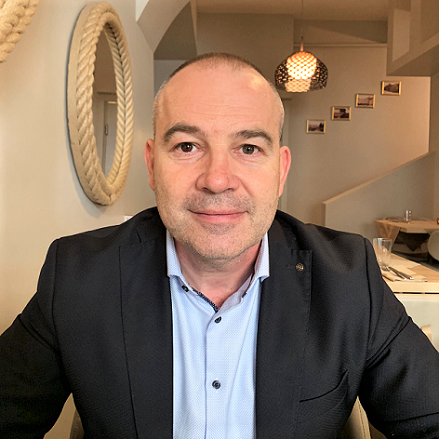
— Tomislav Batur, Director, Ploče Port Authority
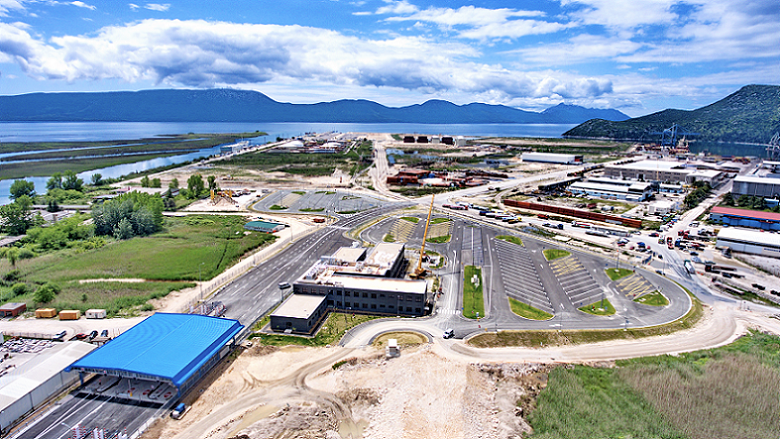
Preserving Springs and Cleanliness of the Adriatic Sea
The people of Rijeka and its surroundings are proud of the quality of fresh water flowing from local subterranean Karst springs. The World Bank’s multi-annual Coastal Cities Pollution Control Project, helps preserve our refreshing and pure - but also very vulnerable - spring water, and maintain the cleanliness of the Adriatic Sea. The project included intensive construction of some fifty kilometers of a sanitary sewage system and ten major sewage stations in the Grobnik area, covering over 1,700 homes.
— Andrej Marochini, Director of the public water supply and public waste water sewage services provider for four cities (Rijeka, Bakar, Kastav and Kraljevica) and five municipalities (Čavle, Jelenje, Klana, Kostrena and Viškovo)
Provision of Care in the Community - Deinstitutionalisation
“The Right to Live in the Community” project has provided people with intellectual disabilities with the opportunity to move from institutions to independent living communities in Grubišno Polje and to participate in work activities in the local community. Good results of the project have helped us secure financing from EU funds and start a vegetable farm that now employs people with intellectual disabilities. This experience has also prompted the cities of Pakrac, Lipik and Sisak to include their fellow citizens with intellectual disabilities in independent housing and support their inclusion in the local community.
— Borka Teodorović, President of the Inclusion Promotion Association
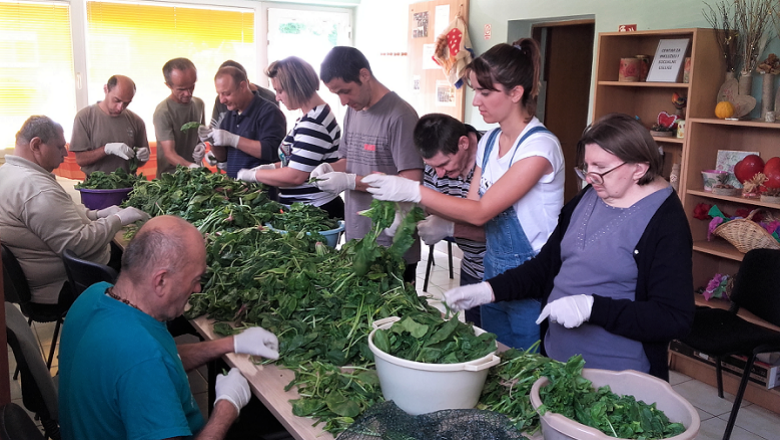
Developing a Case Tracking System at the State Attorney's Office
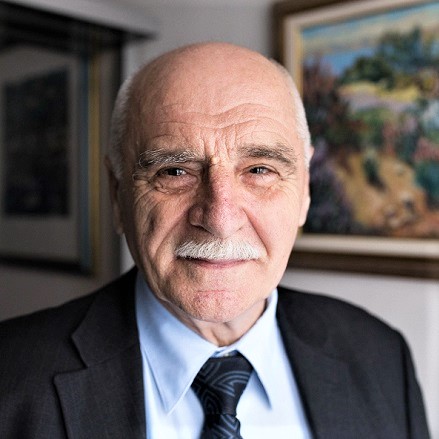
— Dragan Novosel, former Deputy Chief State Attorney
Nature Protection and Preservation of Biodiversity
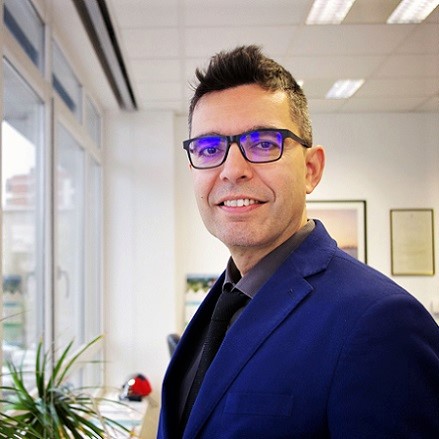
— Igor Kreitmeyer, Project Coordinator, EU Natura 2000 Integration
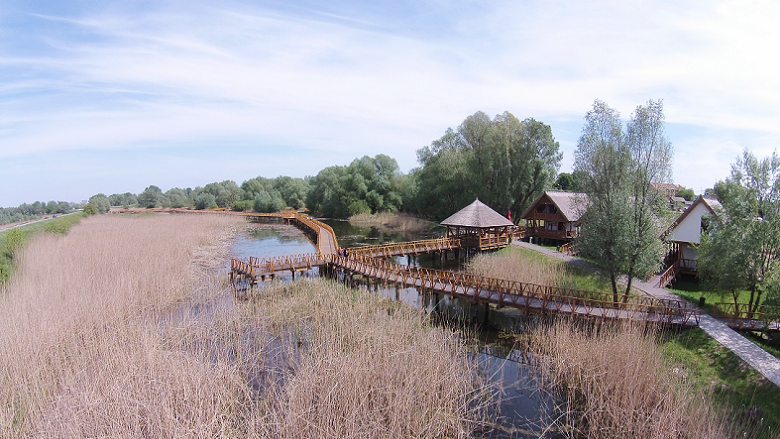
Waste Water Treatment in Coastal Towns and Cities
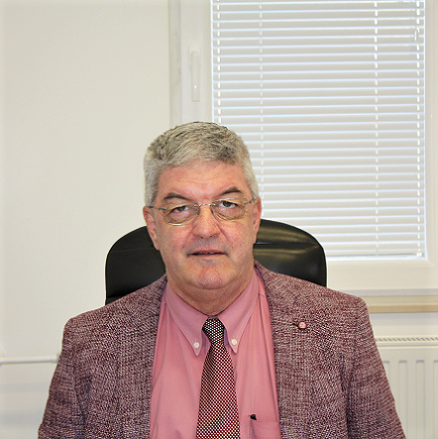
— Grgo Peronja, Director, Odvodnja d.o.o. Zadar
Modernization of the Rijeka Port
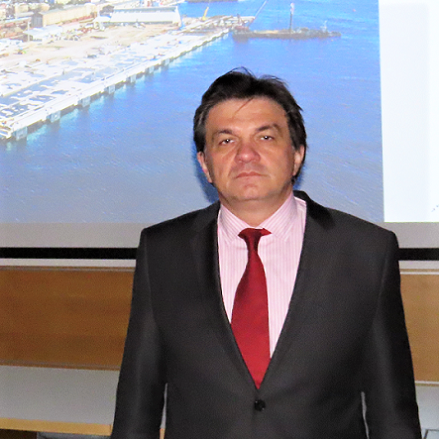
— Denis Vukorepa, Executive Director, Port of Rijeka Authority
Modernization of the Emergency Medical System
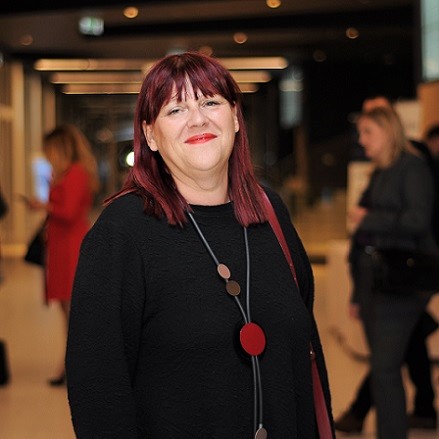
— Maja Grba-Bujević, Director of the Croatian Institute for Emergency Medicine
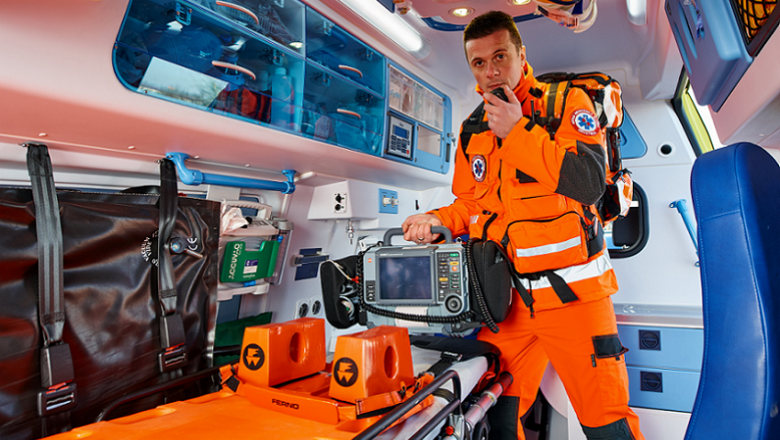
Investment in National Park Infrastructure
The Kupari Reception and Education Centre has improved what Risnjak National Park in the River Kupa Valley has to offer. It has provided visitors with high-quality, interesting insights into the natural and cultural heritage of the Kupa River Valley. At the same time, it has provided the local population with an opportunity to increase their income by offering services to visitors. This investment was made possible through the EU Natura 2000 Integration project and the support of the World Bank.
— Miljenko Gašparac, Director, Risnjak National Park
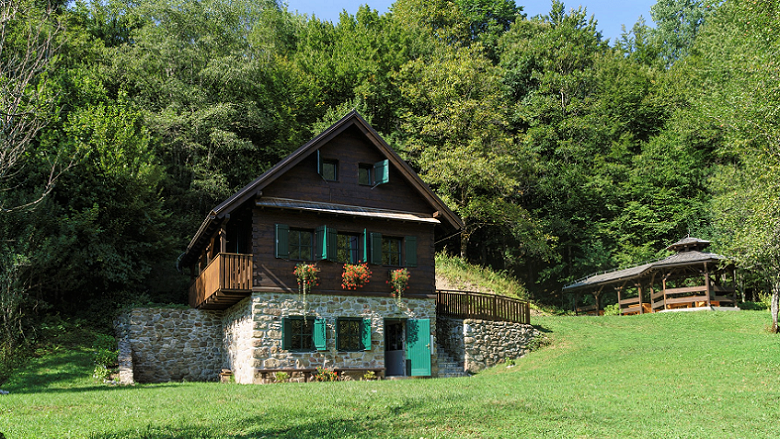
Investment in Entrepreneurship
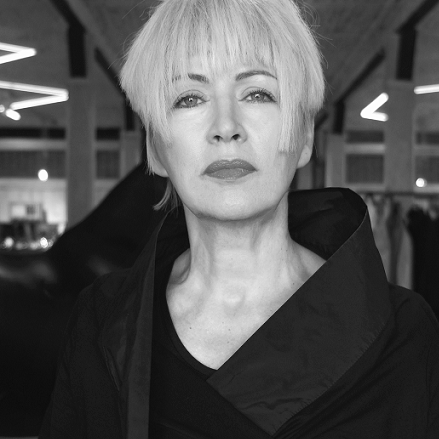
— Ksenija Vrbanić, Owner, XD XENIA DESIGN
Investing in Science, New Technologies and Innovation
The technology development project had a huge impact on creating a start-up scene in the Republic of Croatia. It launched a whole host of instruments and competencies that were not available before, and created the conditions for developing ideas for a product or service. It finally connected the science community with industry through a new way of financing projects.
— Dalibor Marijanović, former CEO of BICRO
